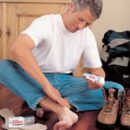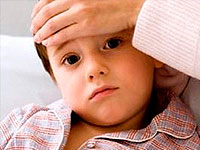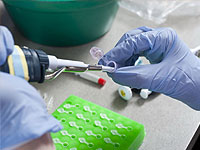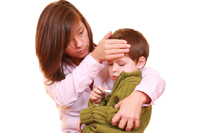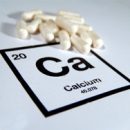How is the cystic fibrosis? What drugs need to be taken with this disease? Read in this article.
Content
Treatment of fibrosis
The therapy of the fibrosis is complex lifelong character and is aimed at the discharge and removal of viscous sputum from the bronchi, the fight against infection in the lungs, to replace the missing pancreatic enzymes, the replenishment of vitamins and trace elements, bile dilution.
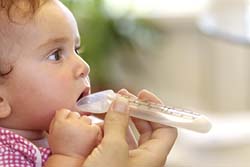 Preparations are prescribed in dosages, sometimes exceeding the usual (as the absorption of drugs is difficult). Replacement fermentotherapy of pancreas.
Preparations are prescribed in dosages, sometimes exceeding the usual (as the absorption of drugs is difficult). Replacement fermentotherapy of pancreas.
Children with fibrosis, it is necessary to take such drugs as Kreon or Poletutra. Their feature is that they are microphospheric, t. E. They are gelatin capsules filled with hundreds of coated enzyme microspheres. After release from the capsule, which dissolves for 1-2 minutes in the stomach, the microspheres are evenly distributed on the stomach. Due to this, mixing enzymes with digestible food is ensured and the normal digestion process is restored.
Preparations are accepted throughout life, with each meal. Each child has its own dose of enzymes, which is selected individually by a specialist. Children, carefully and constantly receiving a properly selected dose of the drug, grow well and added in weight.
Antibacterial therapy
It is aimed at combating infection in bronchops and lungs. Antibiotics are prescribed at the first signs of exacerbation or prophylactically at ARVI (in order to avoid accession of bacterial infection). The choice of antibiotic is determined by the results of sowing sputum, which determines the type of pathogenic microorganism and its sensitivity to drugs. Sowing on a sputum needed 1 time in 3 months even out of exacerbations. Courses of antibacterial therapy in the detection of pathogenic microorganisms lasts at least 2-3 weeks. Preparations are accepted in tablets, in solutions for intravenous administration and inhalation (the choice of the method determines the doctor depending on the manifestations of the disease).
Mukolithic therapy
Aims to wet sputum. For children with cystic cycidosis, the drug is most suitable, the action of which is several times more effective than ordinary funds (such as the ACC, Fluimucil, Lazolvan, Ambrosan). Mukolithics are accepted both inhalation and pills in the form of tablets.
Kinesitherapy
Treatment of fibrosis ineffective without the use of modern methods of kinesitherapy — Special exercise complex for respiratory gymnastics.
Classes should be daily, lifelong, take from 20 minutes to 2 hours a day (depending on the state of the child). Kinesitherapy should be mastered immediately after diagnosis in the amount corresponding to the child's age.
Specialists in all centers of fibrosis, pediatricians teach.
Hepatoprotectors
These are drugs that dilute bile and improving liver function. Such preparations as Wrosan, URSOFALK helps liver to free themselves from thick bile, slow down or prevent the development of cirrhosis and biliary disease.
Vitaminotherapy
It is necessary due to the poor assimilation of vitamins (especially A, D, E and K), loses them with a chair, as well as the increased need for them in chronic inflammation in the bronchopulmonary system and liver damage. Vitamins must be taken constantly, while eating.
Daily therapy
Inhalation and / or reception of tablet mulitics.
After 10-15 minutes — Respiratory gymnastics (kinesitherapy).
After respiratory gymnastics — Pumping (to remove sputum).
After that (if there is an aggravation) — Introduction Antibiotic.
Signs of starting exacerbation of the bronchopulmonary process
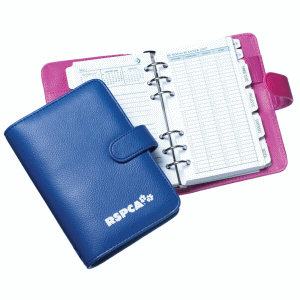 Parents are desirable to keep the child's condition diary, where changes will be displayed in the kid well-being. This information will help you and your doctor notice the slightest deviations from the norm.
Parents are desirable to keep the child's condition diary, where changes will be displayed in the kid well-being. This information will help you and your doctor notice the slightest deviations from the norm.
Leading a diary, parents learn to feel their child, recognize the first signs of starting aggravation.
Signs: Loss, decline in appetite, body temperature increase, cough strengthening (especially at night), color change and number of sputum, breathing. If these symptoms appear, parents must cause a district doctor.


